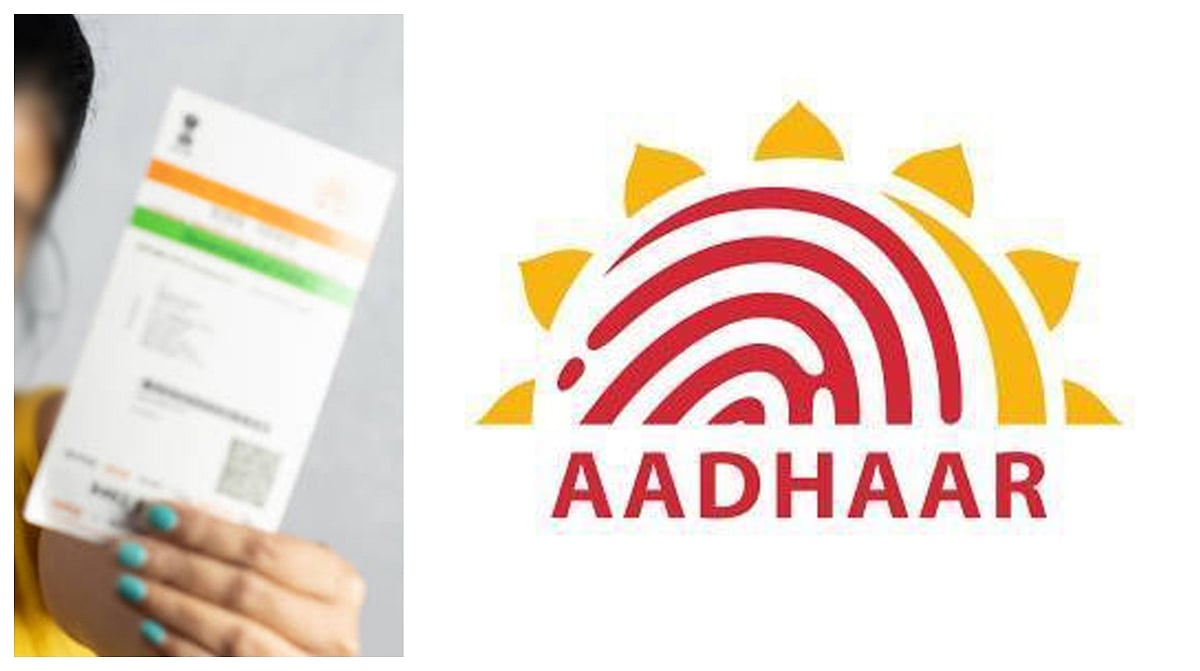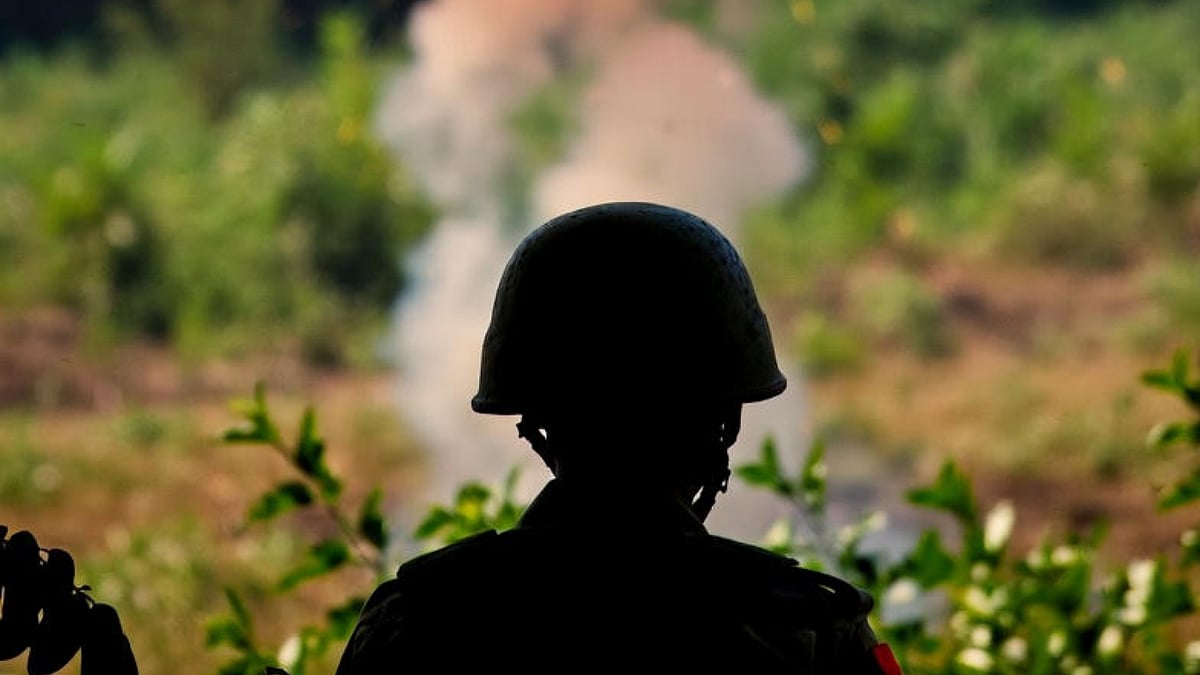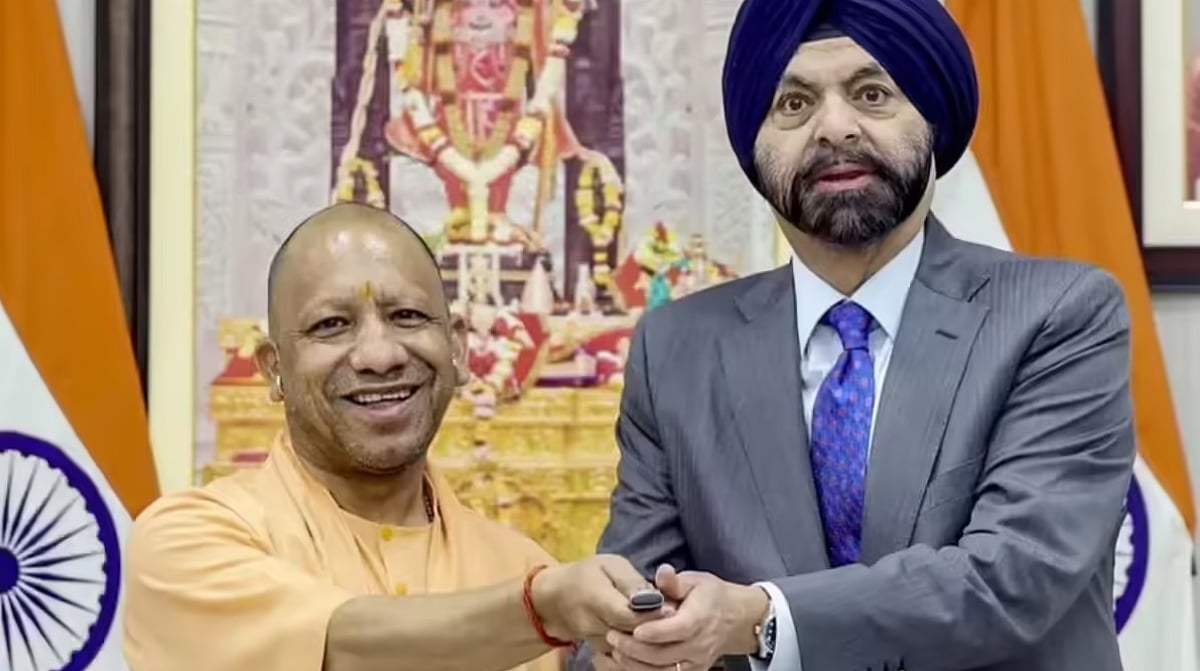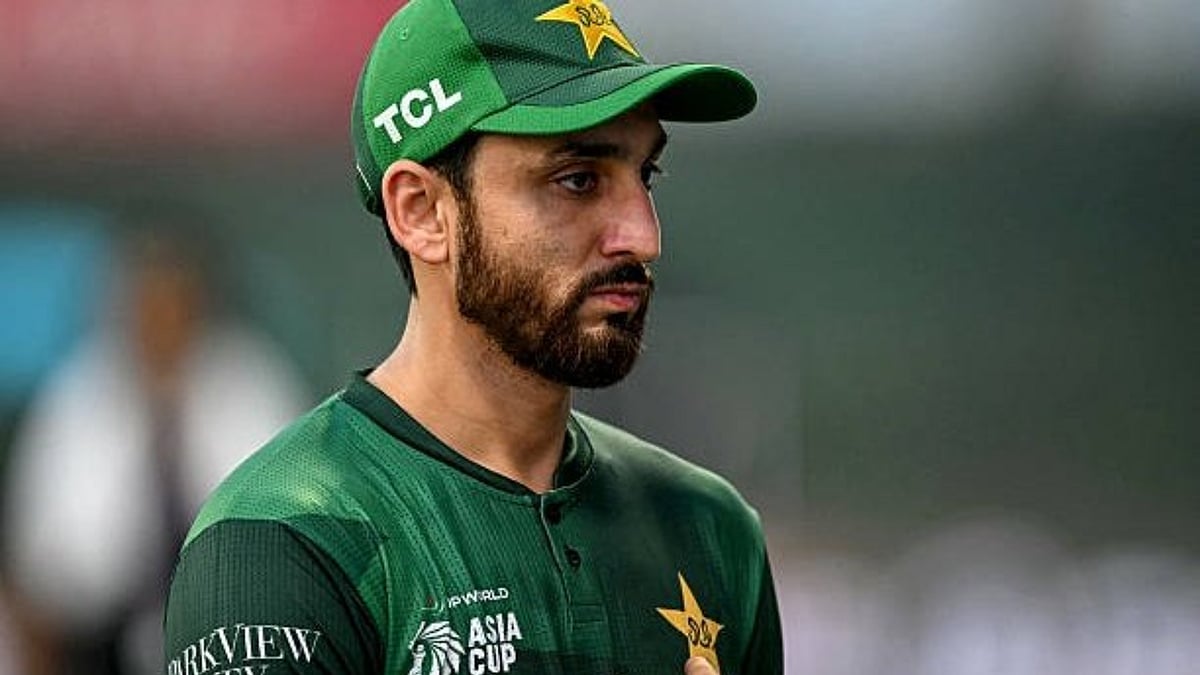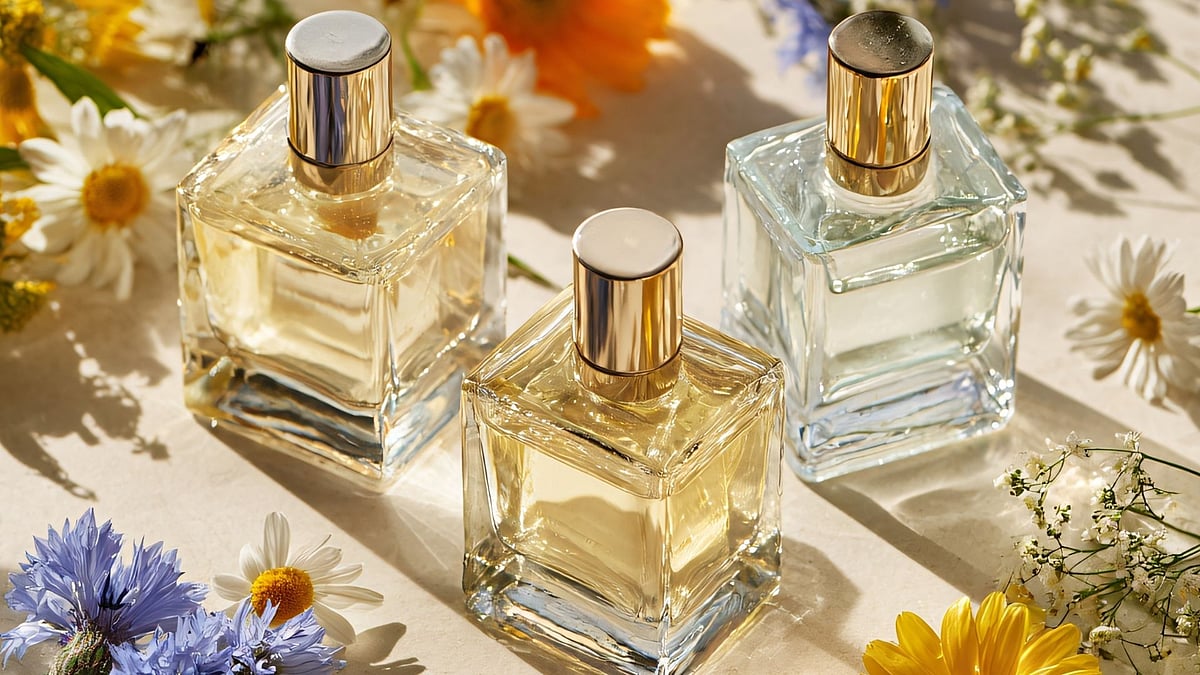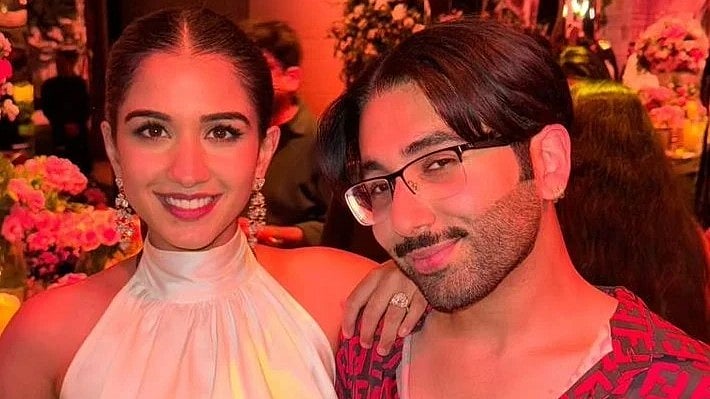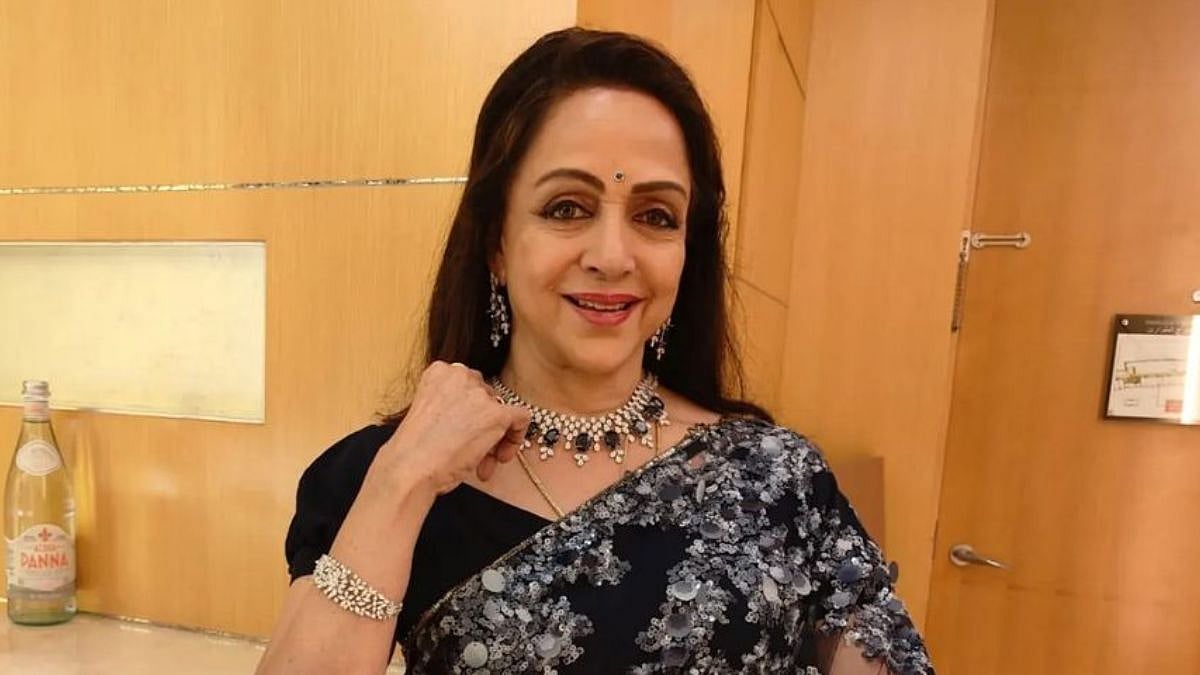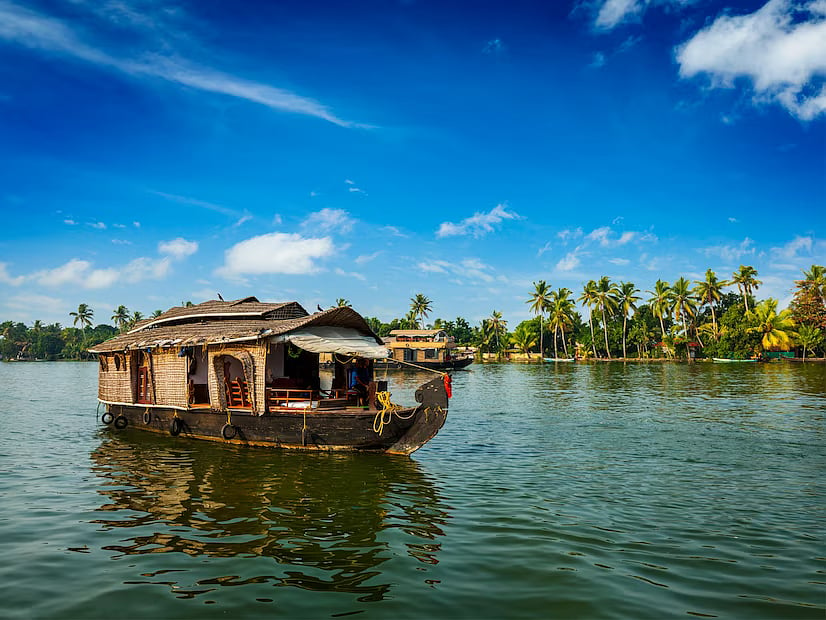He’s one of the pioneers of the LGBTQ movement in India, leading on the fight from front at a time when the community was barely there, marginalised, stigmatised and even considered illegal. And even now, as 70+year-old youngster, Ashok Row Kavi leads from the front everywhere, taking on millennial tools like Instagram and Clubhouse with gusto and educating the world about the LGQBT community and a host of other issues he is actively involved in.
We caught up with the Grand Maa (in Row Kavi’s words) of the LGBTQ movement in India, in a no-holds barred, freewheeling chat with Ashok Row Kavi. Read on for the edited enlightening and entertaining excerpts:

Ashok Row Kavi | Photo: Humsafar Trust
Q. As a pioneer of the LGBTQ movement in India, what do you think about the movement now?
A. As dead as a dodo! In 1977 when I first came out, it was the quick encounters which bordered on suicide and dare devilry and then it went through an amazing set of events like community mobilisation and creative movements in the sociocultural space of our nation. We mobilised to get Section 377 off our backs; once that judgment came in 2018, it was a huge success. And after that, the abyss. Thanks to Covid-19 and the lunatic Left woke lot, we have even lost (at least in Mumbai) the physical Pride Marches and parades. It's a disaster.
Q. Have things become better for the LGBTQ community in India now?
A. Well, we are no more felons on the loose. The reading down of Section 377 was sort of a liberating moment. But after that what? When you check the internet, you get ridiculous expectations of how ‘I want to marry a handsome guy like Brad Pitt and go settle down in Amsterdam’. There is no effort to fight for sexuality and gender as a subject in school curriculums, or to change the textbooks for students in medical school where they still call us perverts. I tried getting sexuality and gender issues into the course at the Nashik Police Academy where I think it was quite a hit for two years and then it withered away. We need education on these subjects all the way down to the Panchayat level besides a proper structured course for journalists. The other day I heard a webinar on the biological basis of sexuality and gender by Dr. Deepak Modi from ICMR. What a brilliant presentation. That's what should go viral. There is too much work ahead and we have enough talent to do it. It's the will that's lacking.
Q. What have been some of the most memorable moments about the movement for you in all these years?
A. The one that comes straight to my mind is the Supreme Court judgment of September 2018 when we were freed from a rotten colonial law imported into British criminal codes and then to India by Lord Thomas Babington Macaulay. The other memorable moment was when the first copy of Bombay Dost, India's first openly printed gay and lesbian news magazine came fresh off the printing press in February 1991. It somehow felt like I had given birth to a baby. Another incredible moment was when the Charity Commissioner handed me the certificate of incorporation of my NGO, the Humsafar Trust in April 1994 at the office of the Charity Commissioner in Mumbai.
There were many such moments but some of them will be dark and nasty and I would rather wait further for them. Wait for my book and you will see the dark underbelly of the LGBTQ movement.
Q. How bad was the initial struggle?
Well, nobody promised me a great time. Most of the time it was bad. Going to the Directorate of Health Services and made to stand when everybody else was given a chair to sit down. This was in 1993 I think.
Then breaking the news to my mother that I could not agree to the marriage proposal she had brought from a wonderful (and rich) family in Singapore. I was traumatised when Amma slapped her forehead and reminded me how difficult it was to bring me up as a premature child and then blurted -- I think very instinctively -- "I hope you had died at birth". That statement never left me and Amma never brought it to a closure though I tried being the ideal son to her. She died in my house and was never invited to come and stay with the other siblings. It was only just prior to her death in 2010 that she told her caregiver to apologise to me on her behalf. I had just rushed in from Delhi to be with her at the hospital and she died only after I came and held her hands. But I still get up at 4 a.m. with anxiety attacks as to why she hated me so much. Now I know, but read that in the book. It's too painful to recall.
And yet when I went to Rishikesh to do her vidhi and immerse her ashes in the Ganges, the first thing I did was do the vidhis of my father who had died in 1971, my aunt Prema, my two younger brothers and even mine before doing the complete vidhi of Amma, my dear mother. I had been kindly given the Glass House on the banks of the Ganga, the summer palace of the Maharaja. His houseboy had tied me with rope so I could go into the surging waters of Ma Ganga as she roared down towards Haridwar. And when I slowly let Amma's ashes flow away in the white foamy current, I knew I had finally lost Amma for ever. I was crying so loudly that I realised to my horror that the rest of my life was just putrid pantomime. Though I now live a happy life with my close friends and my Persian cat Miski Begun, I'm not sure it’s the same life before Rishikesh. It's also not the same me.
I've changed.
Q. Your advice to those who want to come out
A. Who am I to give advice when I am just another survivor? It is total crap that you can so easily escape the horrifying ‘internal exile’ of being a detested variant human being. We are born liars at birth. We lie about our sexual orientation to our parents, relatives and friends. We are mostly bullied and beaten. There are few lucky ones like me who had great fathers as friends. I was the lucky one who knew exactly what I was by the time I was six or seven. I also had a wonderful father who was more a friend. Yet the growing up was not easy at all. I was always protected from the bullying and beatings by my younger brothers Uday and Ranjit. Both died before the ‘premature sibling’ to the utter horror of my mother who accepted that with grace. She had seen all her strapping sons die and the accursed one live to look after her. What a terrible karma that must have been for her? And yet I lived to look after her; isn't that a lesson for you? My advice is learn to survive, learn to stand up and suffer and learn to be the strong bamboo that will bend in the storm and still stand firm when the time comes to be cut and taken away. Survival is the key. The rest is the journey. Travel with many friends but remember it is mostly a lonely journey.
Q. Three things one should keep in mind while coming out.
A. The first one is you must learn to survive with grace. I remember my friend Cory Walia and I walking down Mahim Dargah Road and being teased by the boys there as "Ai Gudh (gay in Mumbai street language), zara aur hil" and Cory turning around and saying "Arrey Gudh mat bol, bol very, very Gudh". That is grace.
Always plan your coming out with your financial goals. If you think you are free to walk out at 18 because you have a great job, then don't come out. Wait till you have a few lakhs in the bank. Standing on your feet requires a strong spine -- and a fat bank balance.
Trust nobody with your health, sexual or otherwise. Wear a condom even if your lover is Akshay Kumar and try and keep healthy, wealthy and wise before you either get a gullible lover or a great assisted living house.
Q. How easy or difficult was it for you to come out?
A. To tell you the truth, I was never ‘in’ to come out. My first confrontation was with my father on why boys should be having sex with girls. The whole process horrified me no end and I asked him. He was intrigued as an open liberal man (he thought he was a free thinker but was actually a rather boring heterosexual man). The poor thing was quite intrigued to learn from me that ‘boys should be with boys and girls with girls. They know each other’, I told him sweetly. My great friend was my father. He along with people like Shantaram, Mehboob, Chopra and other stalwarts were the fathers of the Indian Motion Pictures Producers Association (IMPPA).
Q. Do you think the representation of LGBTQ in pop culture has improved?
A. When was it ever not there? Gay men and lesbians are what makes pop culture ‘pop’. I won't say more because I'll have to take names and it’s not worth outing those who are already hanging half out of the closet.
Q. What are you working on now?
A. Well my biography of course. I have very good advisors from the LGBTQ world like Devdutt Pattanaik, Ruth Vanitha, Saleem Kidwai and Parmesh Shahani. Devdutt says it should not exceed 350 to 400 pages because "Arrey who has the time dahling to read about your life when they are so busy screwing up their own".
And he may well be right.

